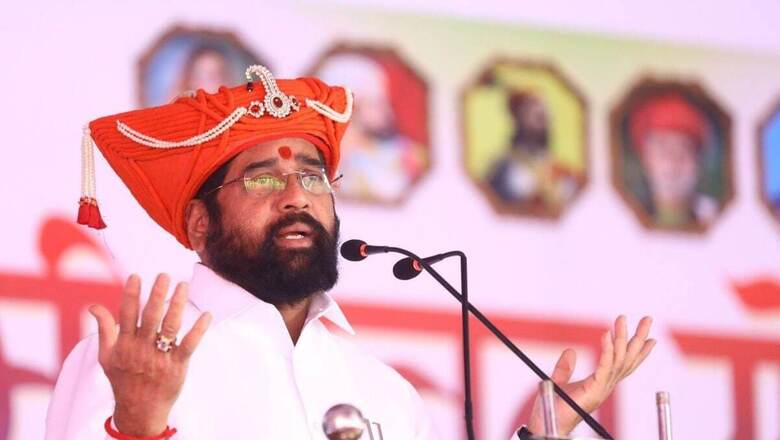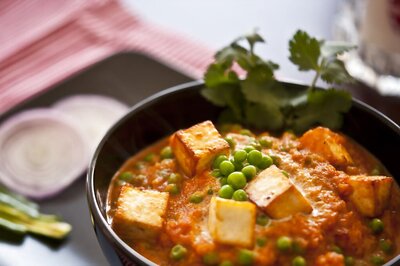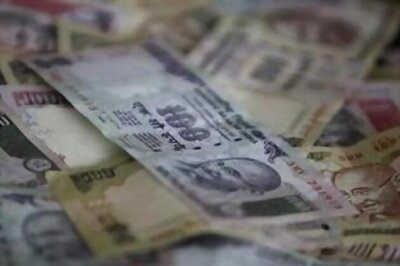
views
Maharashtra on Monday gave a new status to the cow, ruling that the animal will now be called “rajyamata” (mother). The Mahayuti government led by Eknath Shinde made the declaration in the poll-bound state, citing cultural importance of the highly revered animal in Hinduism.
“Indigenous cows are a boon for our farmers. So, we have decided to grant this (‘Rajya Mata’) status to them. We have also decided to extend help for the rearing of indigenous cows at goshalas (cow shelters),” said Deputy Chief Minister Devendra Fadnavis.
The state government officially declared indigenous cows as ‘Rajya Mata’, in a significant decision during a cabinet meeting chaired by Shinde. The recognition of indigenous cows highlights the promotion of traditional practices and addressing the declining population of native cattle.
A government resolution (GR) was issued, which is now available on the state’s website. With this move, the government aims to not only preserve the indigenous breeds but also reinforce the importance of sustainable agricultural practices that align with India’s rich cultural heritage.
The recognition comes with a financial support scheme for farmers through a subsidy programme to assist in the care and feeding of indigenous cows. The scheme will help ease the economic burden on farmers and motivate them to invest in the health and maintenance of their livestock.
The initiative is expected to significantly contribute to the revival of indigenous cattle and promote organic farming practices across the state. Maharashtra is home to several indigenous breeds: ‘Deoni’ and ‘Lal Kandhari’ in the Marathwada region, ‘Khillar’ in western Maharashtra, ‘Dangi’ in northern Maharashtra, and ‘Gawli’ in Vidarbha.
However, their population has seen a sharp decline due to the growing preference for crossbred cows, which offer higher milk yields. This shift has raised concerns about the future of indigenous cattle, whose population is vital for maintaining traditional farming methods and ayurvedic practices.
Historically, indigenous cows have held a unique place in Indian society. Referred to as Kamadhenu, the sacred cow is considered a symbol of prosperity with its contribution extending to both human health and agriculture.
Milk from the indigenous cow is highly valued for its rich nutritional content, providing essential nutrients for human development. Additionally, cow dung and urine play an important role in organic farming. These are also used in ayurvedic medicine as the “panchagavya treatment”.


















Comments
0 comment